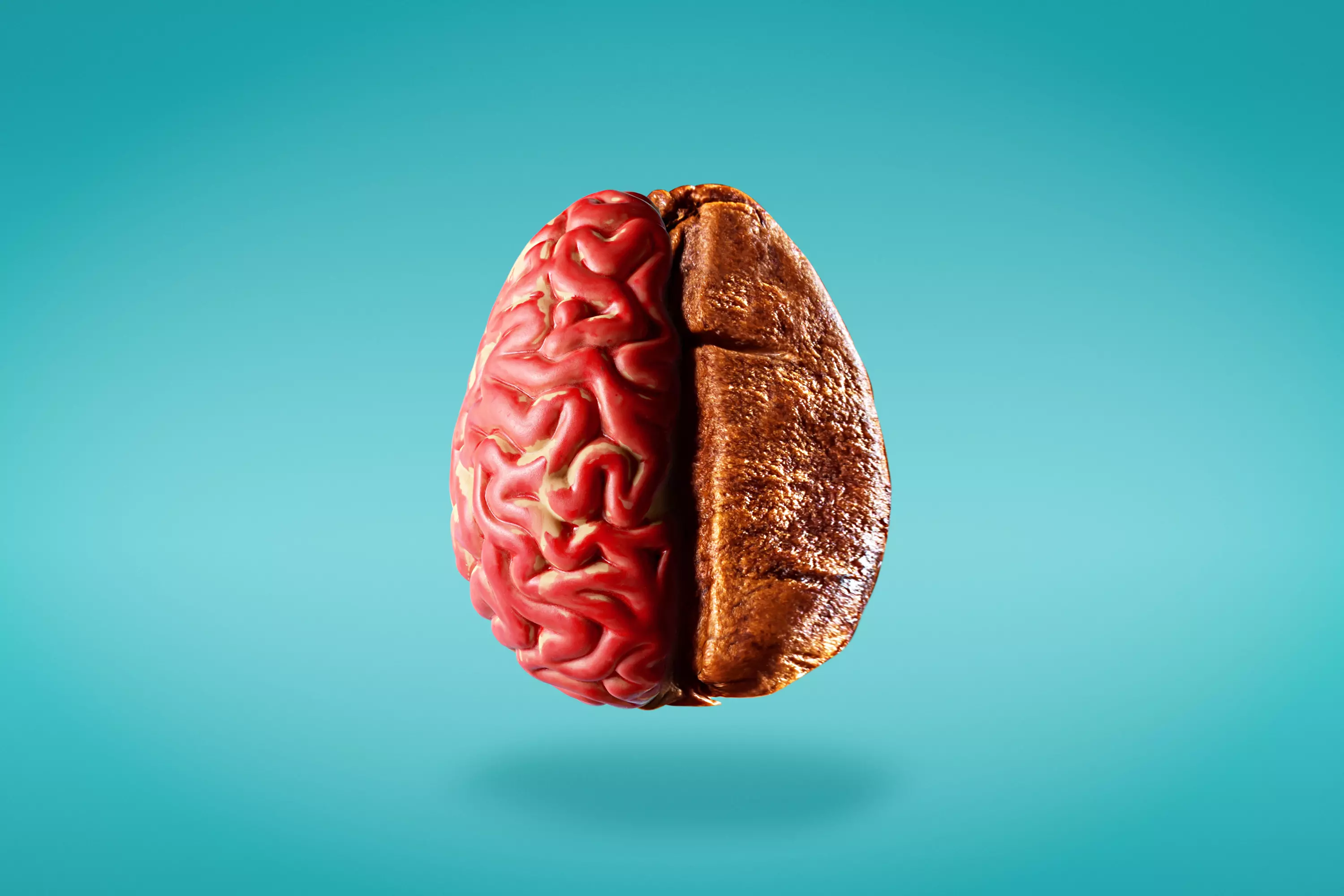New therapies for epilepsy current research and findings
New therapies for epilepsy current research and findings
Epilepsy is one of the most common and unpredictable neurological disorders, affecting millions of people worldwide. Despite advances in the treatment of epilepsy, a number of patients still struggle with uncontrolled epileptic seizures. As a result, new therapies that can bring relief to these patients are being intensively researched all the time.
Education and awareness
One of the key methods of managing epilepsy is to educate patients and their families about the disease and available treatments. Public awareness of epilepsy is extremely important, as it can help to increase social acceptance of patients and better understand their needs.
Organizations dedicated to helping patients with epilepsy conduct educational campaigns to increase the public's knowledge of the disease. Through these activities, patients can learn about the latest discoveries and therapies that can help them reduce the frequency of seizures.
Modern antiepileptic drugs
In recent years, significant progress has been made in the field of pharmacotherapy for epilepsy. New active substances have been identified that show efficacy in reducing epileptic seizures. These drugs act on different molecular mechanisms, making them ideal for different types of epilepsy.
One of the latest discoveries in the field of epilepsy pharmacotherapy is a drug called XYZ. Clinical trials have shown that this cutting-edge antiepileptic drug can dramatically reduce the frequency of epileptic seizures in up to 75% of patients. Importantly, XYZ has been well tolerated by most patients, causing only minor side effects.
Brain stimulation
Another area of research in epilepsy therapy is brain stimulation. Clinical studies have shown that stimulation of specific areas of the brain, such as the hippocampus and prefrontal cortex, can effectively reduce epileptic seizures.
Recent discoveries in the field of brain stimulation include the use of neurological implants that deliver electrical impulses to the brain to reduce epileptic seizures. The implications of this discovery are enormous, as it opens up new therapeutic options for patients suffering from drug-resistant epilepsy.
Dietary therapies
Classical therapies for epilepsy mainly focus on pharmacotherapy. However, scientific studies have shown that a well-balanced diet can also make a significant difference in reducing epileptic seizures.
One of the most popular diets used to treat epilepsy is the ketogenic diet. This diet includes low carbohydrate intake, high fat intake and moderate protein intake. Clinical studies have shown that the ketogenic diet can significantly reduce the incidence of epileptic seizures in some patients.
Summary
The medical world is constantly looking for new epilepsy treatments that can bring relief to patients, especially those suffering from drug-resistant epilepsy. With patient education, modern antiepileptic drugs, brain stimulation and a well-balanced diet, there is hope to improve the quality of life for those affected by the disease.
It is important for patients and their families to stay abreast of the latest research and discoveries in the field of epilepsy therapy. This way they can make informed decisions to improve their health and reduce epileptic seizures.
